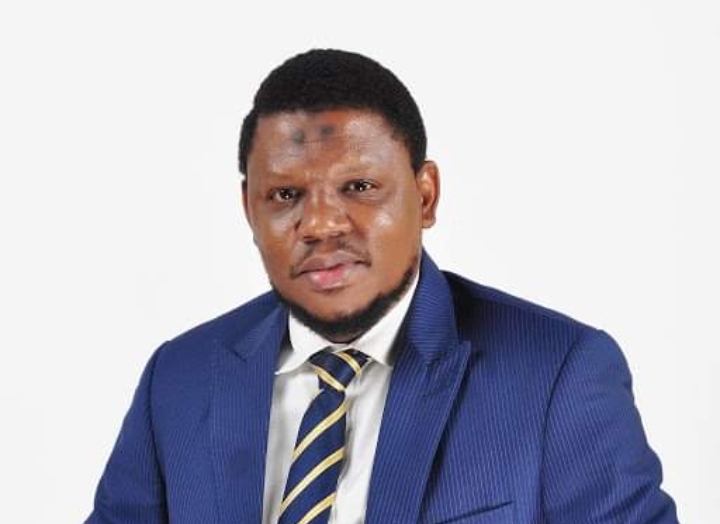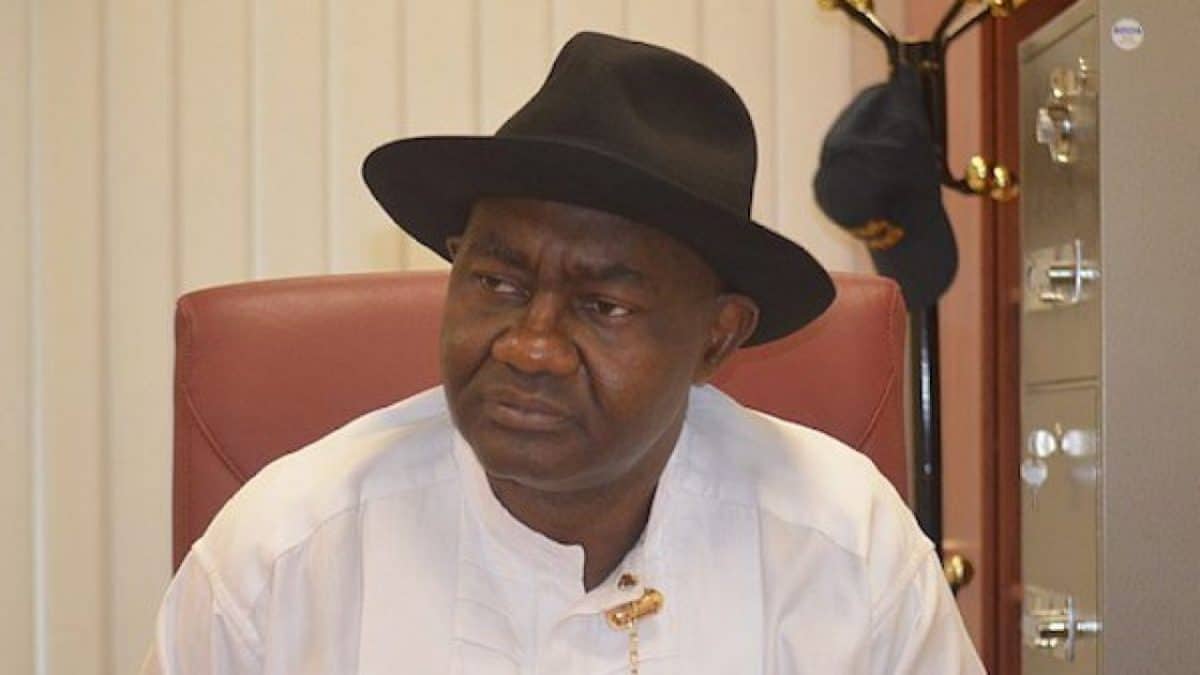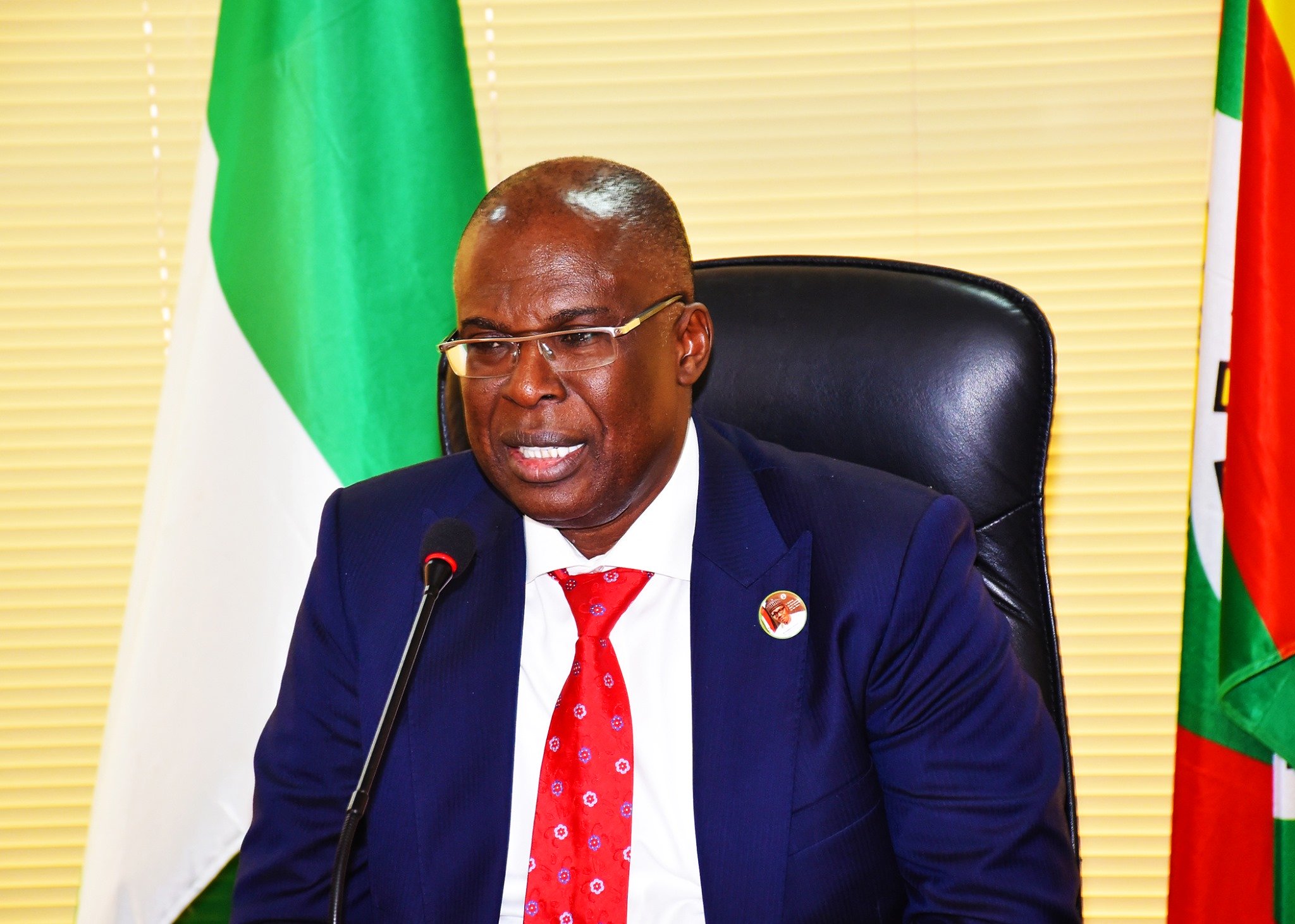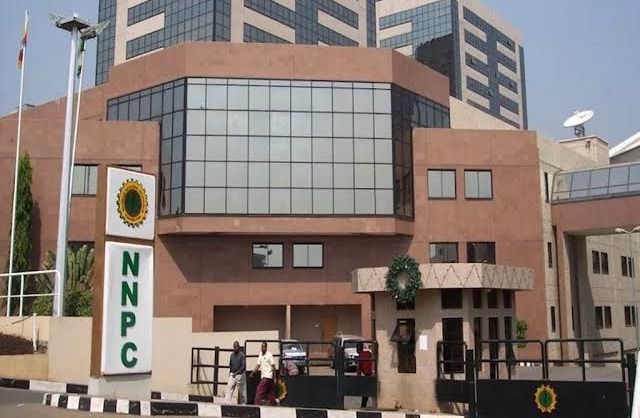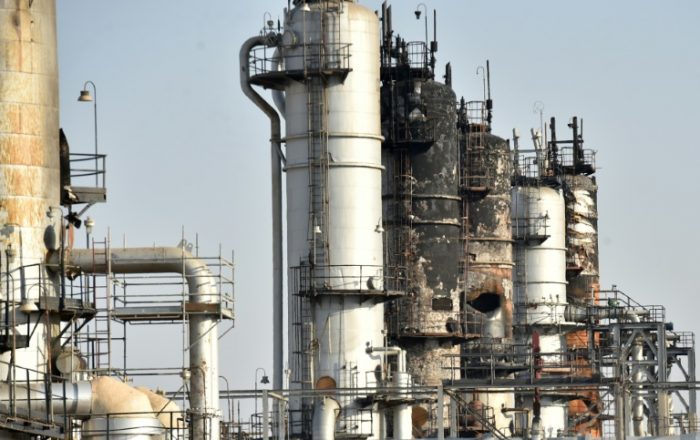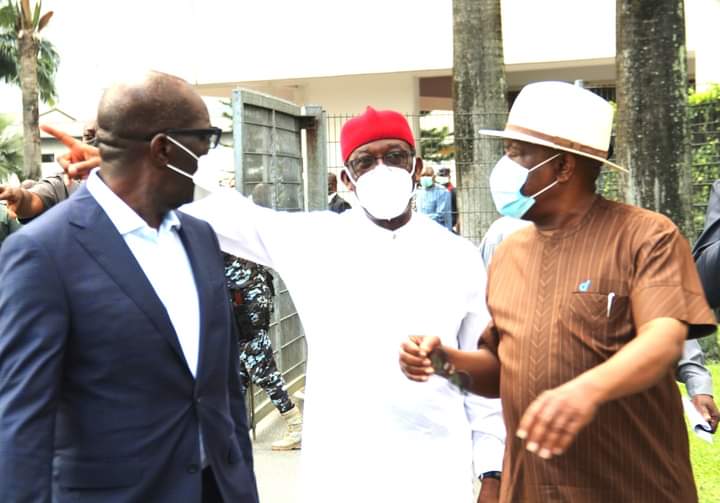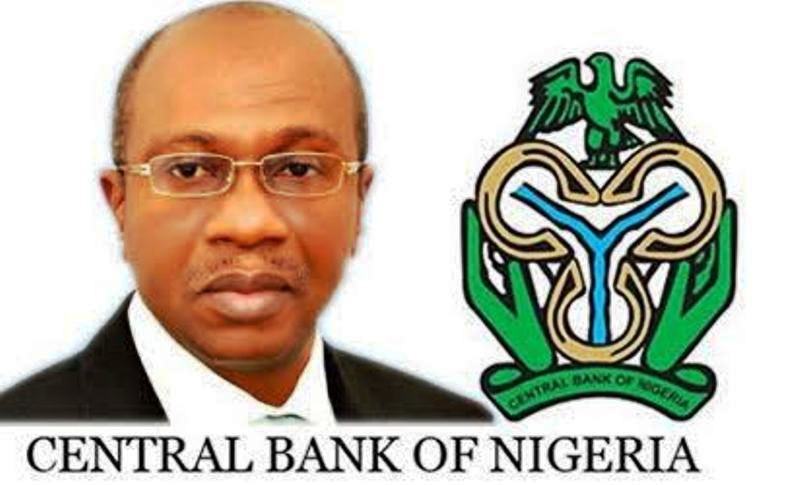Former Presidential Aspirant, Adamu Garba has said cattle have more economic value than the entire oil and gas reserve in Nigeria.
Garba said this in reaction to the advice given by the Miyetti Allah Cattle Breeders’ Association of Nigeria, Bauchi State chapter, which required its members to vacate the 17 states in Southern Nigeria.
MACBAN gave the advice following a ban on open grazing issued by governors of the region after a meeting in Asaba, Delta State.
Reacting, Garba said on Twitter, “I perfectly agree with this proposal. All Fulani present in Southern Nigeria should come back. We shall use the cattle, process the resources, and sell all over the world as finished goods.
“Cattle have more economic value than the entire oil and gas reserve we have in Nigeria. Our major stakeholders in the North must admit cows as business opportunities not just culture & invest heavily to bring #CowToCurrency to reality. Cows alone can solve all Northern problems.
“The job opportunities, the manufacturing centres, & the connection to global hubs of demands for the best cattle meats can open more doors and set for the liberation of Northern Nigeria from cheap and somewhat, useless oil assets. We must invest in harvesting the value of cattle.
“A litter of Cow at N350 is much more than the value of a liter of oil at N145. With over 20 million cows, take 1/3 as milk-producing female on average of 5 liters a day, we’ll have almost N12Bn/day from cow milk. That’s about N700M/state/day. About N21Bn/State/Month.
“That is much higher than the Monthly Allocation the largest state receives in the North. Again, each cow can generate a minimum of 3 Jobs. Rearing, Slughtring, Processing, marketing, Selling, and management. 5M cows =15M jobs.
“I marveled at the laziness of Northern Governors. Northern Governors think awarding contracts for building roads, taking their cuts is all they need for themselves. Doing so has subjected the North to condescension and dehumanization from some elements in the South. The time is now for them to wake up to our potentials.
“It is becoming increasingly clear that the 2023 election is a game between cattle states & non-cattle states. Let’s be blunt about this. If Northern leaders do not wake up to this urgent reality, the target will not just be the cow, but the cow harboring states & their adherents”.
